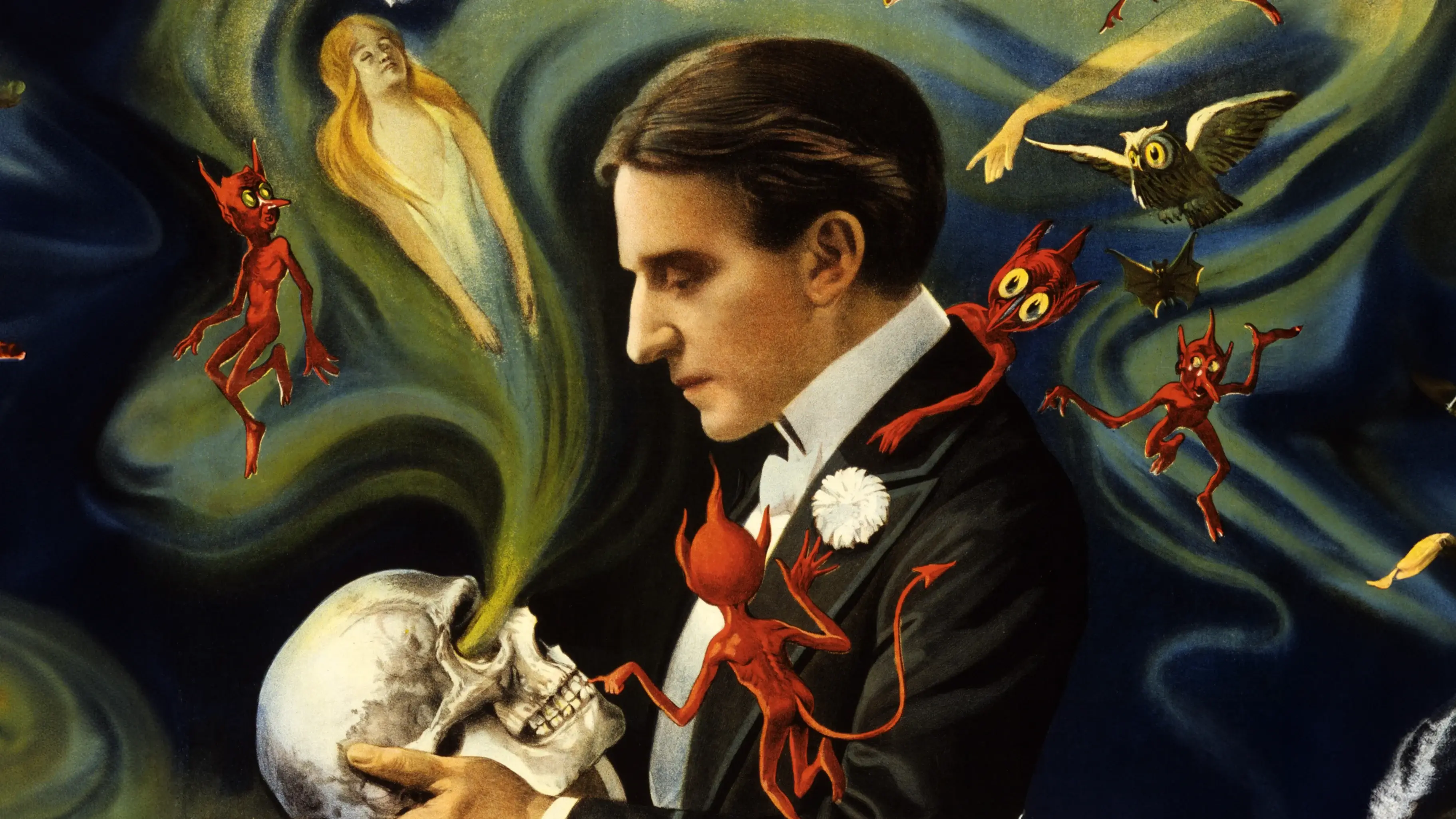There is a tension in religious and spiritual practices between focusing on self-improvement and neglecting the problems of the world. But Christian Kumpost argues that the root cause of this tension the belief that the self is what’s wrong with the world. We can resolve the tension between individualism and communitarianism, Kumpost suggests, by seeing the self and the world as not fundamentally wrong, but merely incomplete and ever evolving.
Since the 1910 publication of a collection of various essays and articles written by G.K. Chesterton under the title What's Wrong With the World?, an anecdote has continually circulated—that in response to a newspaper’s query, “What's Wrong With the World?” Chesterton wrote in with a simple answer: “Dear Sirs, I am.” While it's clever in its simplicity, I believe its enduring quality lay not in it capturing the personality of Chesterton himself, but in it speaking to a deeper issue that has permeated the human experience—that everything wrong with the world is due to humanity itself, and the only solution to fixing the problems with the world (if that's even achievable), is to fix the problems within yourself. This is consistent whether a deeply rooted dogma or doctrine of a religious practice, or—at the risk of being crudely reductionistic—a kitschy tattoo or bumper sticker oft seen quoting Ghandi: “Be the change you wish to see in the world.”
All too often, the problems of the world are at the same time both acknowledged as being the reality, and dismissed as being impossible to fix. Broken people, broken world. And so the anecdote about Chesterton's response to the question, “What's Wrong With the World?” has endured. It's speaks to a truth we feel: that things are not alright—something isn't right. Whether you look to the dominant Abrahamic religious traditions of the western world, or even to a lesser extent, Buddhism in the eastern world, both convey doctrines and dogmas correlating an inherent wrongness of the world with the wrongness of humanity itself.
The Abrahamic traditions (particularly Christianity) are predicated on the narrative that G-d originally created the world perfect and good and right, but due to mankind and original sin, not only has an inherent flaw passed down through humanity, but as a result, the world is now not as originally intended—it's fallen and broken as well. The doctrine of hamartia in Christianity, often translated as "sin nature," literally means "to miss the mark.” It's an archery term. Whether you know what the bullseye is or not, you are incapable of hitting the bullseye due to your sin nature. Because of this? Humanity itself cannot fix the world, only G-d can. And while some may call it a stretch, the four Noble Truths of Buddhism, too, speaks of dukkha, often interpreted as "suffering" or "unsatisfactoriness," as a fundamental aspect of existence, rooted in our desires and attachments. Both traditions suggest that the external chaos of the world is, in part, a reflection of internal turmoil.
___
When you are faced with a world of change that is overwhelming, it can make sense to choose to only focus on yourself.
___






















Join the conversation